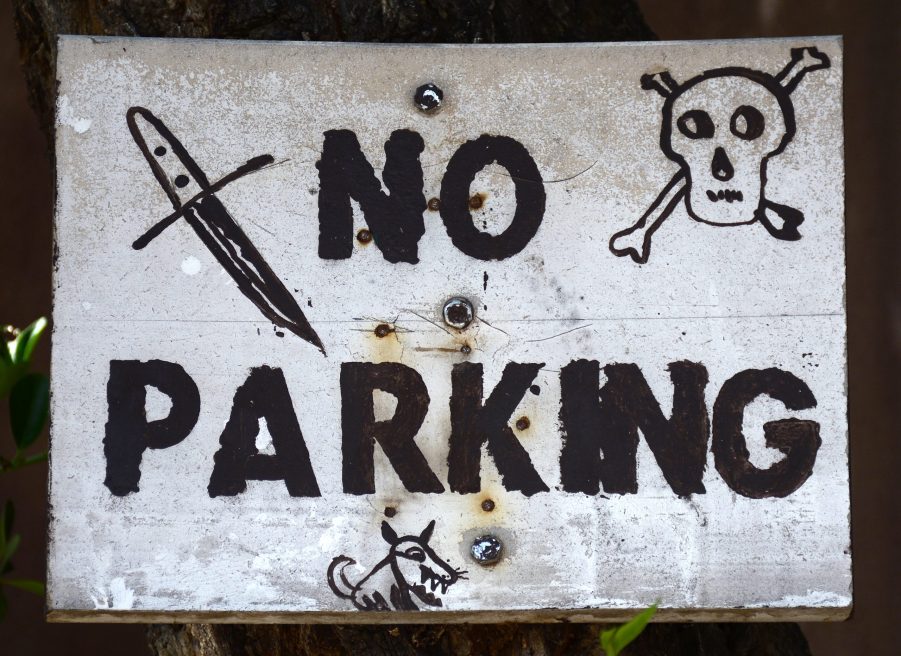
Here’s How to Protect Yourself From Unfair Towing in Your State
If you’ve ever had your car towed, aside from the frustrations and surprise of finding your car gone, there is also a sense of violation. Of course, towing cars out of designated spaces is fairly common, but that doesn’t stop the feeling. Although towing cars is legal, it is not very regulated state by state. In fact, some states are far worse to be towed in than others.

We have a real problem with towing
According to the U.S. PIRG, millions of cars get towed every year. There are very few regulations in place to protect motorists from predatory towing. Many of these reasons for towing and how easy it is to tow someone’s car vary wildly from state to state.
U.S. PRIG conducted a study that found some alarming issues around towing regulations. An alarmingly high number of states have zero protections on issues such as whether a person is entitled to an itemized bill or reimbursement if their car is damaged.
Which state is the worst to get your towed in?
There are also very few states that have clear laws protecting citizens from unlawful towing. Even when laws are there, they can be difficult to understand, nor are they very easily enforced due to their vague wording.
In addition to those two major problems, nearly half of the states have maximum fees for towing and storage. Of all the varying levels (or lack thereof) of protection for citizens getting their cars towed, the U.S. PRIG study found that Indiana is the worst state in the country to have your car towed in.

Indiana offers the fewest protections for people who get towed. Towing companies are required to present almost no evidence of the infraction leading to the towing. There is no maxim towing rate, nor are towing companies required to post their rates.
Indiana also has no laws requiring towing companies to accept all major forms of payments. Most significantly, damage that occurred during towing is not the responsibility of the tow company.
How can you protect yourself from sketchy towing?
The first step is knowing your rights. You can check the U.S. PRIG site and look at what your state requires from local towing companies. They have included all the posted laws/regulations per state. This can help you know how to be aware of what you can fight regarding an illegal towing.
Another way to protect yourself is to contact your local police – if you feel comfortable doing so. Some states require tow truck drivers to alert the authorities of any towed cars. This will also help you find who towed your car so that you can retrieve it.
Another handy tip, according to the U.S. PRIG, is to make sure you carefully study the bill. Again, certain states have limits to what they can charge for certain things. Also, some states prohibit charges for the first 24 hours of storage. If you know your state’s rules, you can better protect yourself from being overcharged.
Lastly, keep a keen eye out for any damages or missing items from within your car. There are protections in place for damages that occur during or while in the impound lot in many states. These damages should be hotly contested and reported to ensure your best chances of reimbursement.
Pay attention out there
Although predatory towing is a real problem, especially in certain states, the best way to keep your car safe is to pay close attention to where you park. Although it may be ethically grey, towing signs might be obscured or even hidden to trap people, but a keen eye and thorough inspection of the surrounding area where you park could save you money and a big headache.



